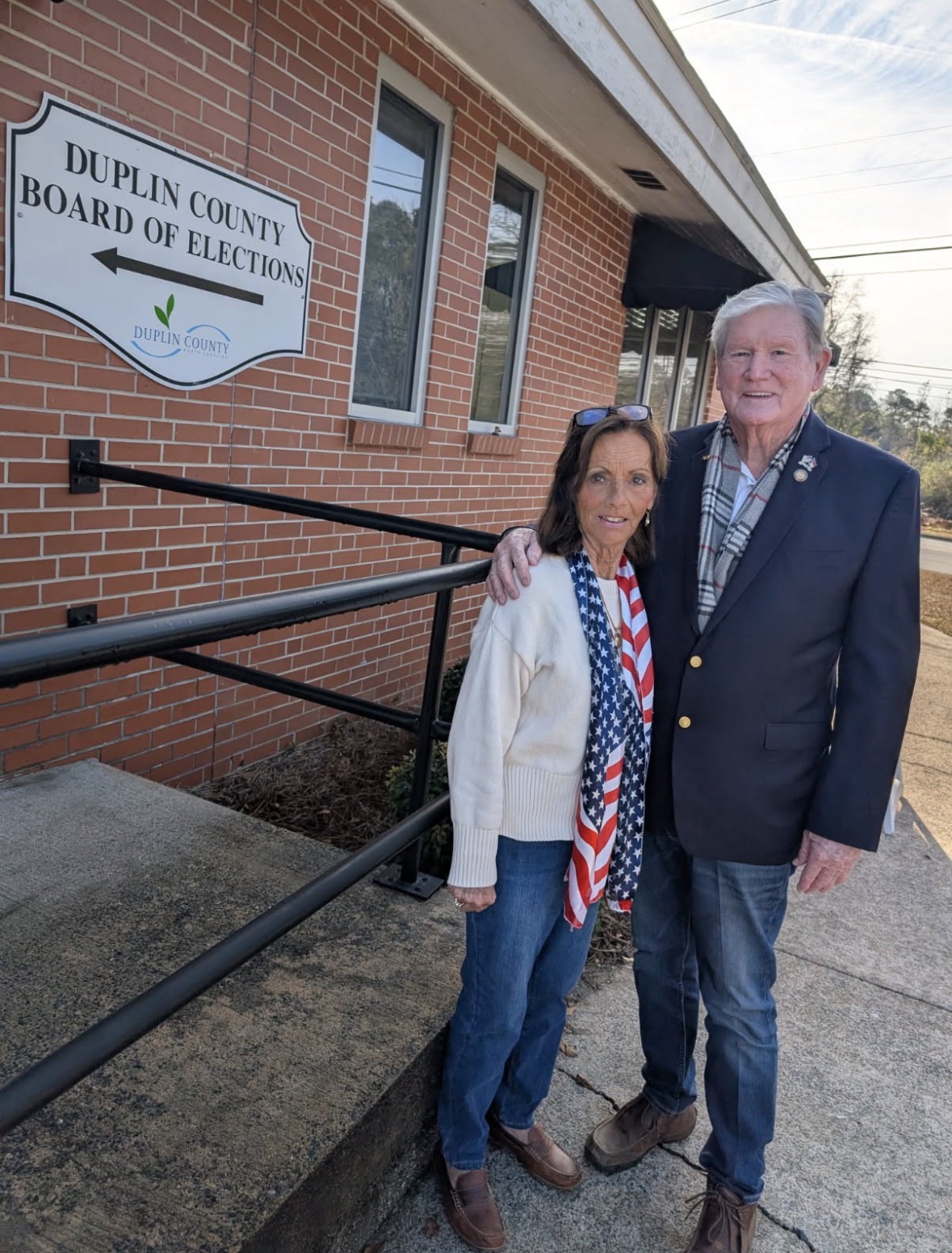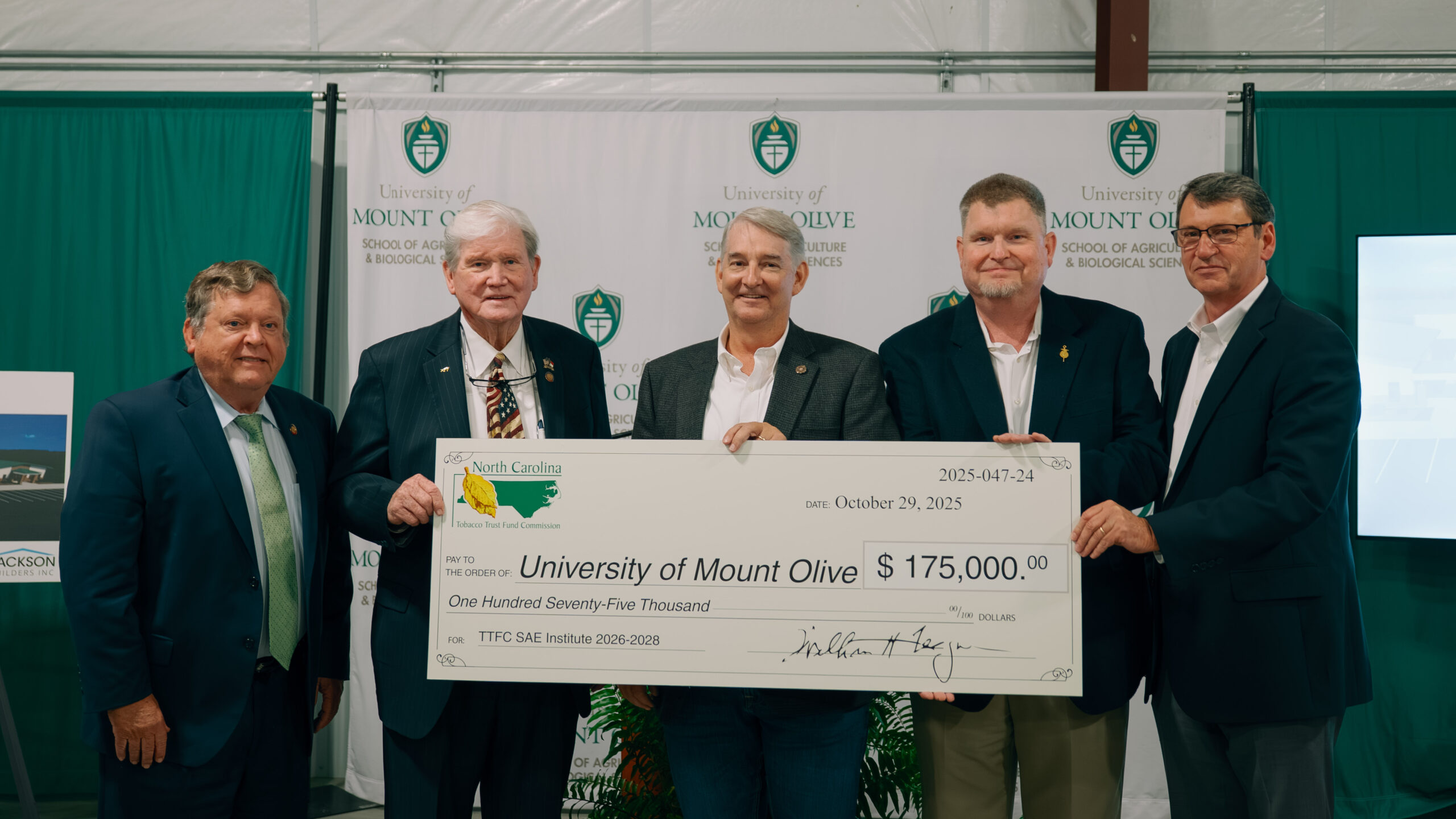KENANSVILLE — Duplin County candidates were among the first to file Monday as North Carolina opened the 2026 statewide primary filing period, which runs through noon on Dec. 19. Local races drew immediate activity, setting the tone for a busy election year ahead.
County offices saw early filings, including incumbent Justin Edwards, R, for Board of Commissioners District 3, and incumbent Dexter Edwards, R, for District 2. Pam Edwards, R, filed to keep her seat on the Board of Education for District 2. Amy Price, R, and Crystal Strickland, R, are seeking the clerk of superior court seat, while Eric Southerland, R, filed for sheriff. In N.C. House District 4, incumbent Jimmy Dixon, R, filed for another term in, he is been challenged by newcomer Marcella Barbour, R. In District 5, N.C. District Court filings include Mario White, D, for Seat 1 and Morgan H. Swinson, R, for Seat 2, while incumbent Ernie Lee filed to continue as district attorney in District 5.
Statewide, early filings for U.S. Senate include Elizabeth A. Temple, R; Donald M. “Don” Brown, R; and Michael Whatley, R. North Carolina Supreme Court Associate Justice Anita Earls, D, filed for Seat 1. Court of Appeals candidates include John S. Arrowood, D, and Matt Smith, R, for Seat 1; Tobias “Toby” Hampson, D, for Seat 2; and James Weldon Whalen, D; Christine Walczyk, D; and Craig Collins, R, for Seat 3.
Other incumbents announcing plans to run include Sheriff Stratton Stokes, R, and Judge Robert H. Gilmore, who will seek N.C. Superior Court Judge in District 5. Gilmore has received an endorsement from Judge Henry Stevens, who will not seek reelection in 2026. Political new comer Jessica Thomas, has also announced her intention to run for District 2 County Commissioner.
North Carolina’s primary elections give voters a chance to choose which candidates will represent each political party on the general election ballot. The 2026 statewide primary is scheduled for March 3, 2026. The general election will take place on Nov. 3, 2026.

 Twitter
Twitter Facebook
Facebook Instagram
Instagram





